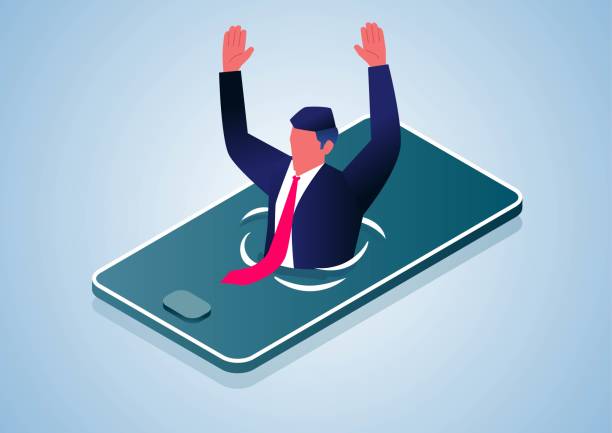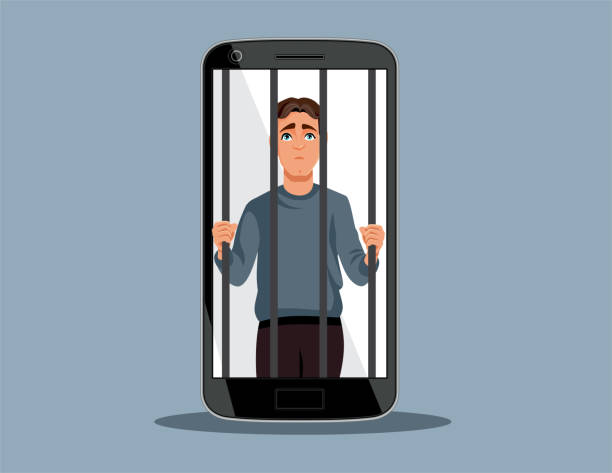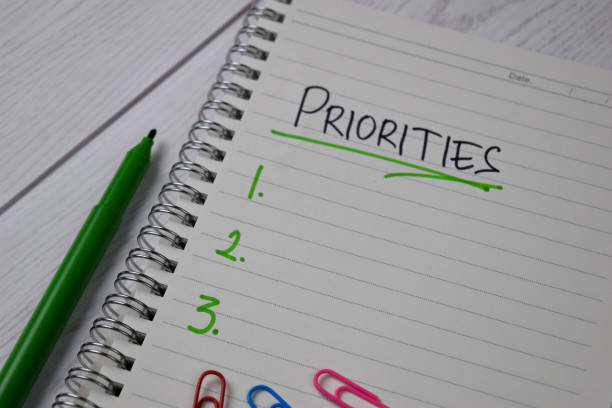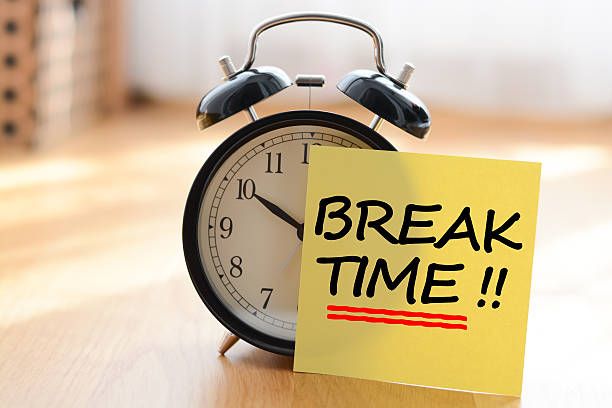Productivity 101: How to Understand Your Limits and Prioritize Your Work Effectively
In today's fast-paced world, we often find ourselves juggling multiple tasks, responsibilities, and distractions. We are constantly bombarded with information and requests, and we feel compelled to read and respond at all hours of the day and night. However, as much as we try to be productive, we often end up feeling overwhelmed, stressed and burned out.
I remember feeling completely overwhelmed and stressed out when I was working on this huge project. I was putting in long hours and sacrificing sleep and self-care in order to get everything done perfectly and on time. But the more I pushed myself, the more unproductive I became.
One day, I hit a wall and just couldn't continue at that pace anymore. So, I decided to take a break and go for a walk in the park to clear my head. As I walked, I realized that I needed to take care of myself if I wanted to be truly productive.
It was a real turning point for me. I started to schedule breaks throughout my day and set more realistic goals for myself. I made sure to take time for things like exercise, meditation, and spending time with loved ones. And you know what? It actually worked! I was able to work more efficiently and get better results in less time.
Nowadays, I try to be mindful of my workload and prioritize self-care, even when things get hectic. It's not always easy, but it's made a huge difference in my productivity and overall well-being.
Being productive is an art that requires time, effort, and discipline. It's not just about getting things done but about doing them effectively and efficiently. Understanding your limits and prioritizing your work are crucial to be truly productive. Let's take a closer look at some of the key elements of being productive.
Accepting Our Mental Limitations
The first step in being truly productive is acknowledging that we have limits on how much mental work we can accomplish in a day or week. Our brains are powerful tools, but they also need rest and recovery time. Studies have shown that overworking the brain can lead to decreased cognitive abilities, decreased attention span, and a decrease in productivity. Therefore, it is essential to set realistic goals and prioritize tasks based on their importance.
It's also important to be aware of the types of tasks that drain our mental energy. For example, tasks that require a lot of concentration, problem-solving, or decision-making can be mentally taxing. Therefore, it's best to tackle these tasks during our most productive hours when our brains are fresh and alert.
"Knowing your limits is not a sign of weakness. It’s a sign of wisdom. It means you know when to say no, when to take a break, and when to ask for help.” - Mel Robbins
Our Reactive State
Our reactive state is one of the biggest challenges to our productivity. We are constantly being bombarded with information and requests through email, social media, and other digital channels. It's tempting to check our devices constantly to stay on top of things, but this can actually limit our productivity in the long run.
According to Nicholas Carr’s book “The Shallows: What the Internet Is Doing to Our Brains,” we trade our ability to concentrate and focus for the abundance of interesting or entertaining information we get online. The issue is that this incessant flow of information can break up our thoughts and divert us from our objectives.
I can definitely relate to this idea of being constantly distracted by the internet. One time, I was working on an important paper that required a lot of concentration and focus. But every time I sat down to work on it, I found myself getting sucked into the endless scroll of social media and news websites. Before I knew it, hours had passed, and I hadn't made any progress on my paper.
It was a frustrating and eye-opening experience. I realized that I needed to be more intentional with my time online and find ways to minimize distractions. So, I started using tools like time-tracking apps to help me stay focused. I also made a conscious effort to take regular breaks and step away from my computer screen throughout the day.
To overcome this challenge, we need to manage our digital distractions. One way is to set aside specific times during the day to check email and social media. Another is to turn off notifications or even disconnect from the internet altogether during focused work periods. By limiting distractions, we can maintain our focus and productivity.
The Limits of Productivity
There are limits to what our bodies are capable of doing as well. We all have a limited amount of physical and mental energy that we can expend in a day. Therefore, it's essential to organize our day around our physical and mental energy levels. We need to do more of what works for us and less of what doesn't.
For example, if you are a morning person, try to tackle your most important tasks early in the day. If you find that you hit a slump in the afternoon, use that time for less mentally taxing tasks like answering emails or making phone calls. By optimizing your workday around your energy levels, you can get more done in less time.
Prioritizing Tasks
One of the keys to being productive is prioritizing tasks. It's essential to focus on the most important tasks and delegate or eliminate the rest. One way to prioritize tasks is to use the Eisenhower Matrix. This method involves dividing tasks into four categories based on their importance and urgency:
- Urgent and Important: Do these tasks first.
- Important but Not Urgent: Schedule a specific time to do these tasks.
- Urgent but Not Important: Delegate these tasks to someone else.
- Not Urgent or Important: Eliminate these tasks altogether.

Taking Breaks
Taking breaks is an important aspect of productivity. Studies have shown that taking breaks can improve productivity, creativity, and overall well-being. Therefore, it's essential to take regular breaks throughout the day to rest and recharge.
One way to take breaks is to use the Pomodoro Technique. This method involves working for 25 minutes and then taking a 5-minute break. After four 25-minute work sessions, take a longer break of 15-30 minutes. By taking regular breaks, you can maintain your focus and productivity throughout the day.
Knowing When to Say No
Another important aspect of productivity is knowing when to say no. Saying yes to everything can lead to burnout, stress, and a decrease in productivity. Therefore, it's important to set boundaries and say no to tasks or commitments that don't align with our goals or values.
It's also essential to learn to say no to ourselves. We need to resist the temptation to take on too much and overwork ourselves. Instead, we should focus on doing one thing well rather than trying to do multiple things poorly. By setting boundaries and saying no, we can prioritize our time and energy on the things that matter most.
The Importance of Sleep
Finally, getting enough sleep is crucial for productivity. Studies have shown that sleep deprivation can lead to decreased cognitive abilities, decreased attention span, and a decrease in productivity. Therefore, it's important to prioritize sleep and get at least 7-8 hours of sleep per night.
One way to prioritize sleep is to establish a bedtime routine. This can include activities like reading a book, taking a bath, or meditating to help you unwind and relax before bed. By prioritizing sleep, we can wake up feeling refreshed and energized, ready to tackle the day ahead.
Conclusion
Being productive is a real art form, and it takes more than just sheer willpower to get things done. You need to be in tune with your own mind and body, and you gotta manage your time like a boss. Prioritizing your work and staying focused on the task at hand is key to achieving your goals and not feeling like a zombie.
Just remember, being productive isn't just about crossing things off your to-do list. It's about finding the best way to get things done, so you can spend more time doing what you love. Trust me, when you find that balance, life is just better.
Thanks for reading and remember to stay awesome, stay inspired, and stay true to yourself.


































































